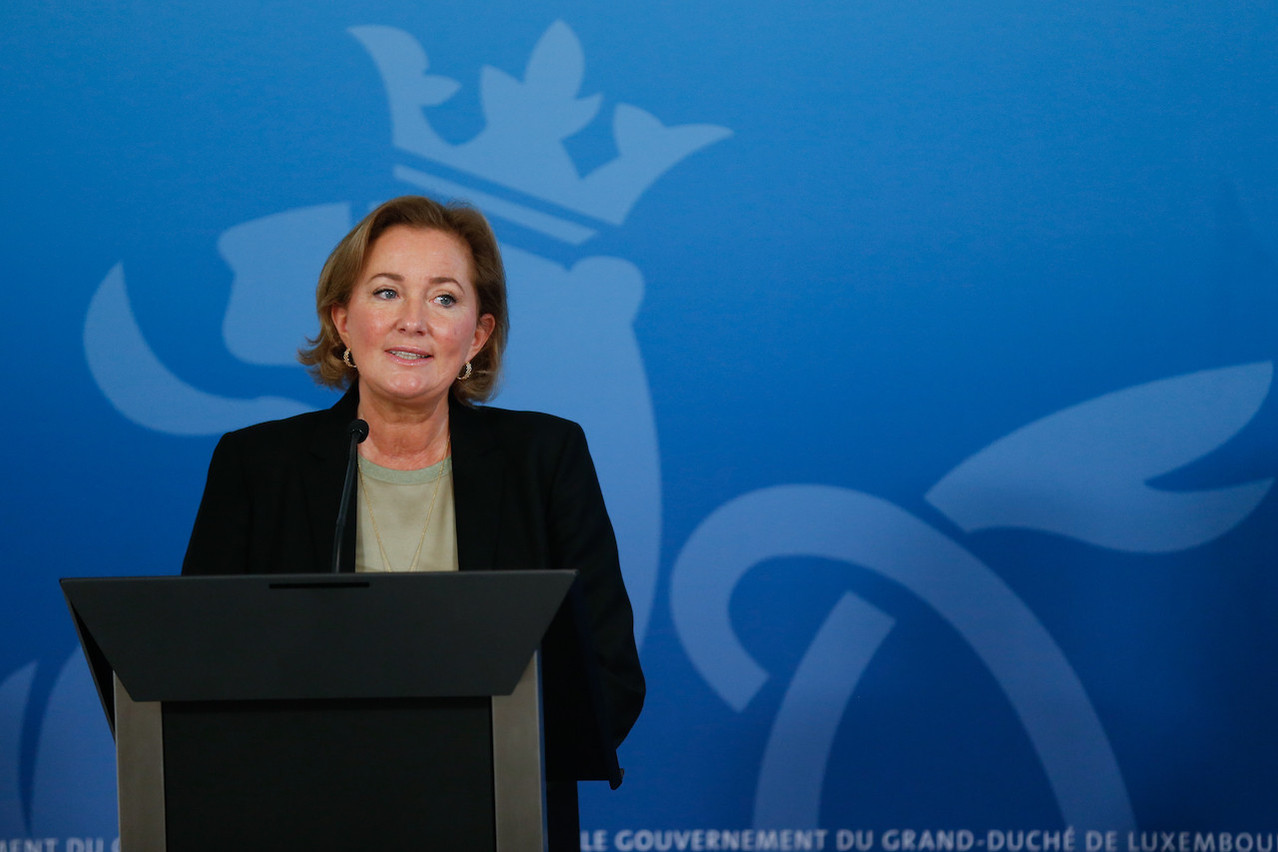If the current three-way coalition between the LSAP, DP and déi Gréng were to continue in government after the next general election in October 2023, then polls suggest it may be under the stewardship of of the socialists rather than the of the Democratic Party.
The “Sonndesfro” (Sunday question) opinion poll carried out by Ilres for RTL and the Wort asks voters how they would cast their ballot if there were an election on the next Sunday. The poll, which questioned some 1,839 voters between 14 and 28 November, revealed that the LSAP would gain 2.7% to finish on 20.7% of the vote, second only to the CSV on 23.3%. It is a stunning resurgence for the socialists, who could only attract 16.8% of the national vote at the last parliamentary elections in October 2018.
Lenert in pole position
Twelve months is a long time in politics, though, and polls have been wrong before. However, the latest result would leave the LSAP on 13 seats in parliament, which is three more than they currently have and one more than the 12 that the DP would get (the same as it currently has) according to the poll. The third coalition partner, the Greens, would end up with eight seats, one fewer than it got at the last election.
But that would give the current coalition a comfortable three-seat majority in parliament. The question then would be whether the DP, which was the leader of the coalition under Bettel after the last two elections in 2013 and 2018, would be willing to cede the premiership to the LSAP. If so, the most obvious choice as head of government would be current deputy prime minister and health minister Lenert, who has consistently topped recent polls as Luxembourg’s most popular politician.
CSV far from the natural party of power
What’s more, the CSV would only land 15 seats. While that still would make the conservatives the biggest party in parliament, it also represents its worst performance in the Sonndesfro poll over the last three years and one that would mean loss of six seats since the 2018 elections. The CSV, once seen as the natural party of power, has fallen from grace and would need to find two other parties with which to form a coalition.
Read also
Meanwhile, the Pirate Party continues to prove that its strong showing in the polls over the last twelve months is no aberration. While falling from six to seven seats in parliament compared to the Sonndesfro poll in November 2021, MPs Sven Clement and Marc Goergen would be joined by four new deputies in the chamber. That would give them two more than the right-wing ADR, which remains stable on four seats. The other party in parliament, the left-wing déi Lénk, retain their two seats in the latest poll.
Fokus loses ground
As for the other minor parties, former CSV president Frank Engel’s Fokus would win just 1.5% of the vote compared to 2.9% in June, the first time it was included in the poll. That is not enough for it to enter parliament. Speaking on RTL on Wednesday morning, Engel said that without a public platform--which parties with members of parliament tend to have--the relatively new party would struggle to attract votes. As for the local elections in June next year, Engel said he did not yet know in which communes his party would put up candidates.
The Communist KPL still attracts 0.5% of the vote, while pro-European Volt party would get 0.1% and the two ADR breakaway parties, the right-wing déi Konservativ and Demokratie, would get 0.1% and 0.3% respectively.
